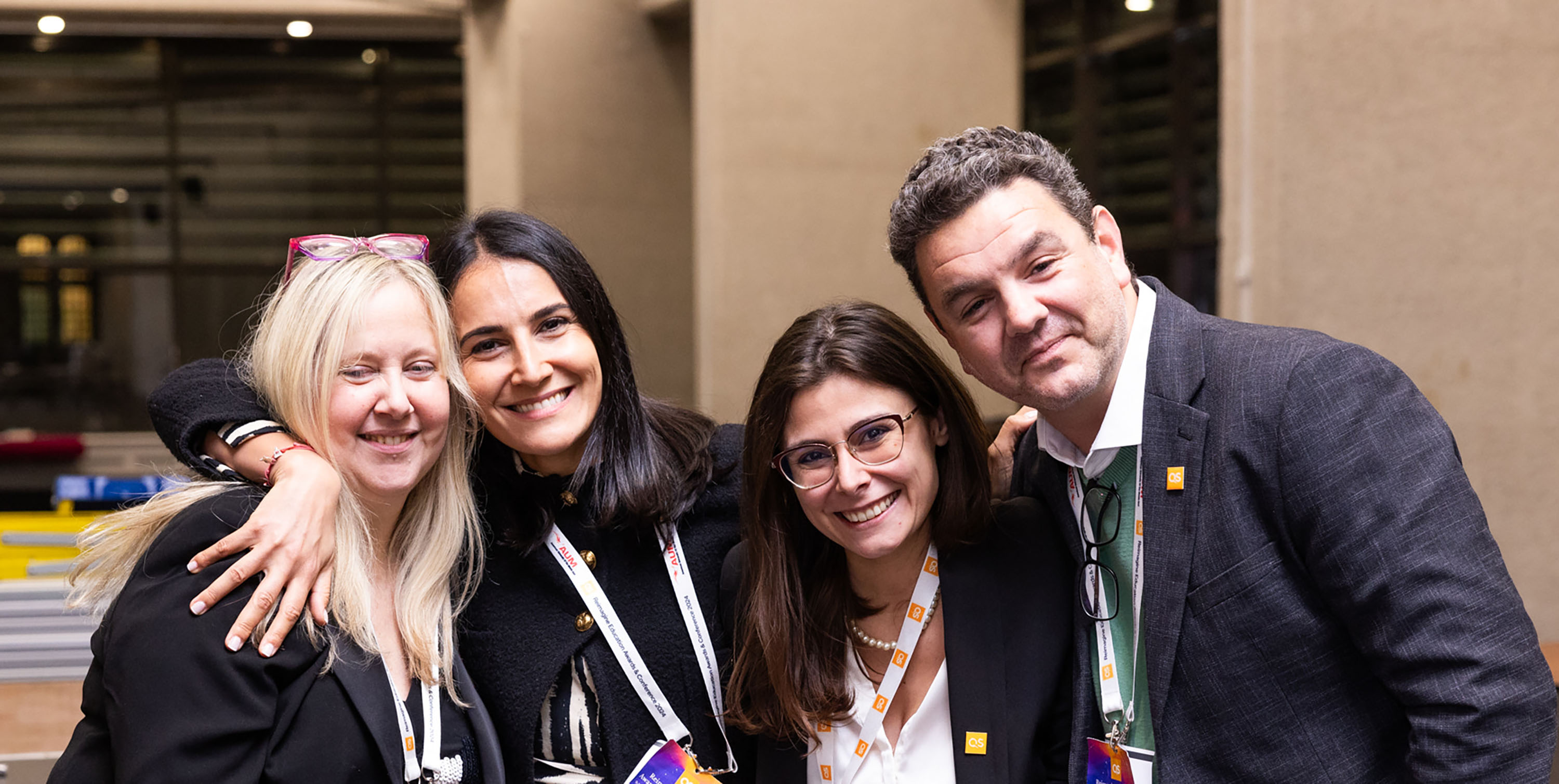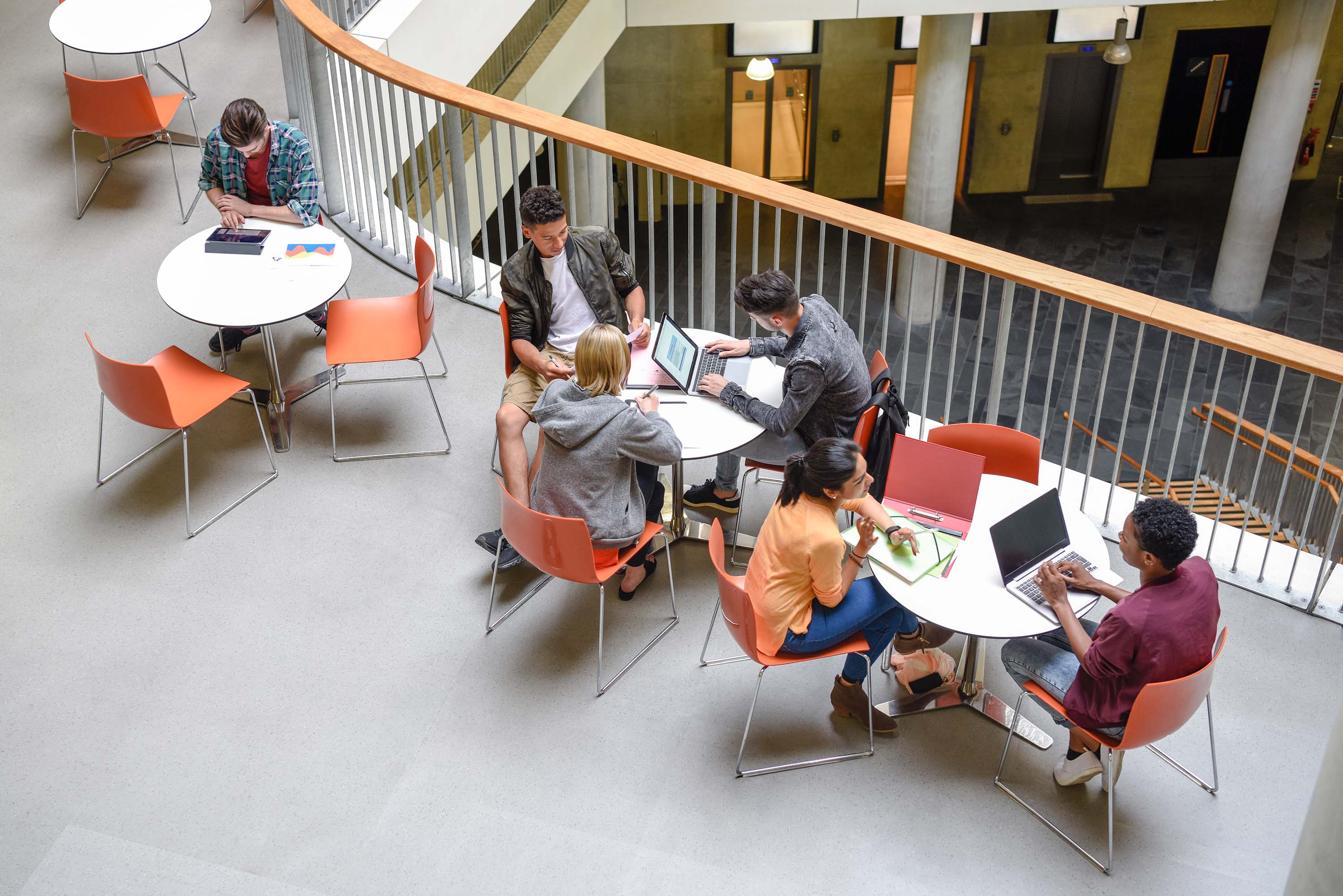- US:
- \"downward mobility\" in HE is pose major challenge
- UK:
- HEFCE analysis of strategically important and vulnerable subjects (SIVS)
- Africa:
- Open access to address the developmental challenges
- US:
- Tertiary education declining in value for moneyUS:
An integral part of the American Dream is under threat - as \"downward mobility\" seems to be threatening the education system in the United States. The idea of going to college - and the expectation that the next generation will be better educated and more prosperous than its predecessor - has been hard-wired into the ambitions of the middle classes in the United States. But there are deep-seated worries about whether this upward mobility is going into reverse. Andreas Schleicher, special adviser on education at the Organisation for Economic Co-operation and Development (OECD), says the US is now the only major economy in the world where the younger generation is not going to be better educated than the older.
Full Story: BBC
UK:
HEFCE came up with a 10 year analysis of the number of students at various levels of higher education in UK and also diced this data by subjects. This will help the understanding of strategically important and vulnerable subjects (SIVS) and to identify where a subject might be at risk. There has been a considerable improvement in the flow of graduates in 3 of the subjects since 2005 – maths, physics and chemistry – but through the next phase will also address the variable patterns in Engineering and Modern Foreign Languages (MFL). At UG level, growth in international numbers has continued in the last three years, and at 20 %, outpaced the growth in home student numbers, which increased by just 6%. In some areas of PG research (i.e., biosciences, and chemical engineering) international numbers have fallen while home numbers have grown.
Full Story: HEFCE
Africa:
Africa still at the bottom of the United Nations Human Development Index and its research output still less than 1% of the global total. But what is also true is that Africans are doing something about it. Since October 2010, when Stellenbosch University became the first African higher education institution to sign the Berlin Declaration on Open Access to Knowledge in the Sciences and Humanities, the number of signatories on the continent has grown to 28 – in just two years. The Berlin Declaration dates from 2003 and is regarded as a milestone of the open access movement. It promotes unrestricted access to scientific knowledge and cultural heritage, and more than 400 institutions worldwide have already signed it. The growth of open access on the continent signifies that Africa is ready to lead itself and its sciences deeper into the 21st century. Clearly, Africa has aspirations to grow its share in global knowledge production. And open access is an important tool for realising this aspiration. Knowledge production is important because it drives development, and open access accelerates that drive.
Full Story: University World News
US:
In worldwide rankings more than half of the top 100 universities, and eight of the top ten, are American. The scientific output of American institutions is unparalleled. They produce most of the world’s Nobel laureates and scientific papers. Moreover college graduates, on average, still earn far more and receive better benefits than those who do not have a degree. Nonetheless, there is growing anxiety in America about higher education. A degree has always been considered the key to a good job. But rising fees and increasing student debt, combined with shrinking financial and educational returns, are undermining at least the perception that university is a good investment. Concern springs from a number of things: steep rises in fees, increases in the levels of debt of both students and universities, and the declining quality of graduates.
Full Story: The Economist









.jpeg)









